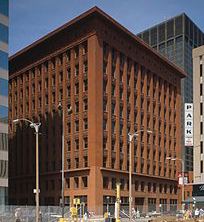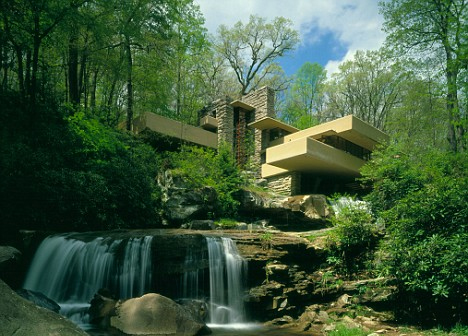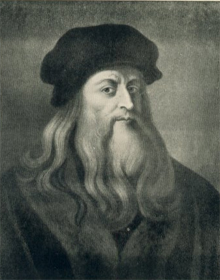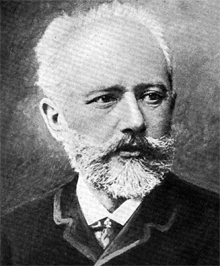Is this a contradiction? Is this an oxymoron? Read further for my thoughts.
Lightweight backpacking and its iterations (UL, SUL, XUL, etc.) is often focused on weight. Many people become so focused on weight, their mantra is “Lighter is Better.” This isn’t always true. See my post on this.
On the main page of Backpackinglight.com part of the logo is this statement: PACK LESS. BE MORE. Seems that many folks grasp this to mean do more with less. How can you do more with less?
Let me adjust the phrase. Pack Less. Be More Efficient. If the weight of your pack is reduced, then you will walk more efficiently. You can hike faster and further — if that is your goal. But, if you pack less, just for the sake of carrying less, you may not become more efficient. Maybe you will hike faster, but you might become less efficient doing all the tasks that backpacking requires. Sleeping, staying warm and dry, cooking and eating, etc. So there needs to be a balance, and eventually the lightweight hiker, who is constantly parring ounces, will reach a point of diminishing returns. This “less” means using new technologies such as fabrics, metals, and industrial designs. Multiple use and lighter gear helps us accomplish our hiking more efficiently. This does not make us “more,” or better, or superior.
The quote, “Less is more,” is often attributed to the modern architect Ludwig Mies van der Rohe. This quote does not project the minimalism of modern architecture and industrial design. That was effectively captured by the American architect Louis Sullivan, “form follows function.” The actual quote is:
It is the pervading law of all things organic and inorganic,
Of all things physical and metaphysical,
Of all things human and all things super-human,
Of all true manifestations of the head,
Of the heart, of the soul,
That the life is recognizable in its expression,
That form ever follows function. This is the law.
Sullivan is known as “the father of the skyscraper” and the “father of modernism.” He also mentored Frank Lloyd Wright.
The Wainwright Building was built in 1891 and designed by Louis Sullivan.
Fallingwater by Frank Lloyd Wright
Pack less. Be more efficient, isn’t a philosophy or a lifestyle. It is an industrial engineering strategy.
So what do backpackers who profess that Less is More in backpacking and life mean? They feel you will find happiness by living a minimalist life. They say this is their philosophy. They tell us it is a waste of time to spend energy and time to reach our goals; they tell us we will be happy and content if we live a simple, minimalist life. They tell us that few or no material goods will make us happy.
The truth is, neither the lack of material goods nor an excess of material goods will make you happy. Only you can make you happy. Minimalism is not a philosophy. It could be the application of one’s philosophy. I wish these minimalists would state and explain their philosophy, if they have one. What they are saying is that if you get rid of your possessions and stop consuming, you will be happy.
So if we take this to the absolute minimum, owning nothing but a minimal shelter, just enough clothes to stay warm and dry, and enabling one to purchase just enough food to live; thus you will be happy. This is bare subsistence. Just as a wild animal survives.
But we are not wild animals, we are creatures that can think, create, and adjust nature to meet our needs. We create philosophy, art, literature, and technology. We have been able to double the average life span in just a couple hundred of years. This is what makes us unique.
I know people who brag that they walk or ride a bike to work to accomplish their minimalist lifestyle. There is nothing wrong with this, if that is what they want to do. But some of these people spend up to 4 hours a day commuting to and from work. I could do it in 30 minutes in my car. And the exercise they get is good. But I can get quality exercise by exercising 60 minutes per day. That is 90 minutes per day for me, versus their 240 minutes just getting to and from work. That means I have saved or banked 150 minutes per day for such things are listening to music, reading books, or enjoying my other pastimes. That is 2.5 hours saved, per day, for me; or 912.5 hours per year, which equates to 38 days per year!
So What is Philosophy?
It is the study of knowledge, reality, and existence. My philosophy is:
- Man’s purpose is his own happiness.
- Man is happiest when productive work creates his own achievements.
- Man must use reason to gain knowledge, understand reality and existence. Reason must guide all his activities and his life.
Material possessions can enhance our lives. Technology provides more leisure time for our hobbies and development. Excess accumulation of wealth, beyond what the minimalists say we need, can provide for us when we retire, provide for medical care when needed, and most importantly allow us to enjoy art, music, and literature. Art, music, and literature are what separate us from all other living creatures on earth. They make us unique. They make us human. They make us More.
Can Less ever be More?
Yes. Minimal government can make us more. It allows us to keep most of our productive work (wealth/achievement) for our own use. Of course the minimalists disagree, because they need society to help them live their own minimalist life.
Bottom Line?
Live however you want to live. If you choose a minimalist life and cannot take care of all of your own needs, don’t ask society, the government, or me to help you out. If you choose a minimalist life, and can accumulate enough excess (wealth) to provide for emergencies and retirement, then more power to you; I approve.







